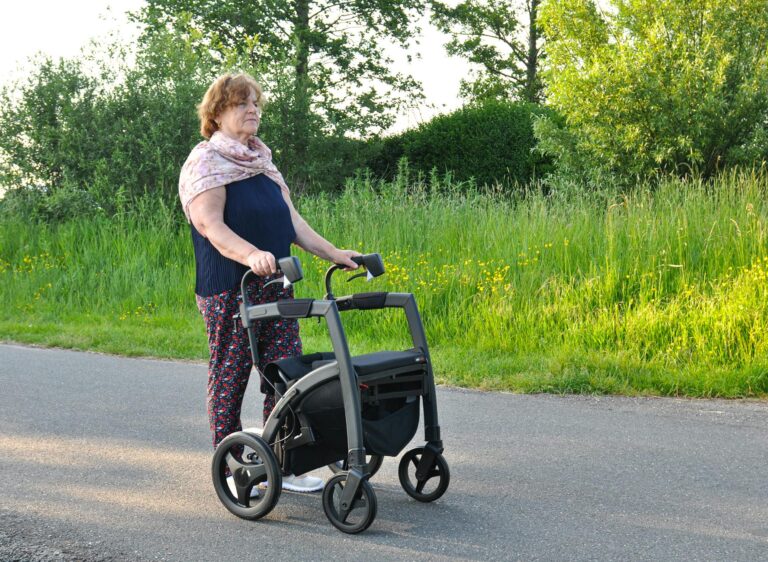Alzheimer’s disease is a progressive neurological disorder that affects the brain and causes memory loss, cognitive decline, and changes in behavior. As the disease progresses, it can also affect sleep patterns, causing those with Alzheimer’s to experience more daytime sleepiness and napping.
Daytime napping is a common occurrence for many older adults, but for those with Alzheimer’s, excessive napping can have negative effects on their overall health and well-being. This is because napping during the day can disrupt the natural sleep-wake cycle and make it difficult for individuals to fall asleep at night. It can also lead to increased confusion, agitation, and even falls.
Therefore, it is important for caregivers and loved ones to monitor and limit daytime napping in individuals with Alzheimer’s. In this article, we will discuss the importance of monitoring and limiting napping, as well as some strategies to help manage excessive daytime sleepiness.
Why is it important to monitor and limit napping in individuals with Alzheimer’s?
1. Maintaining a regular sleep schedule: People with Alzheimer’s often have disrupted sleep patterns, which can lead to daytime drowsiness. Napping during the day can further disrupt their sleep-wake cycle, making it even harder for them to sleep at night. By monitoring and limiting napping, caregivers can help establish a regular sleep schedule for individuals with Alzheimer’s, promoting better sleep at night.
2. Reducing confusion and agitation: Excessive daytime napping can lead to increased confusion and agitation in individuals with Alzheimer’s. This is because sleeping during the day can disrupt their sense of time and make it difficult for them to distinguish between day and night. Limiting naps can help decrease these symptoms and improve their overall well-being.
3. Preventing falls: Due to the cognitive and physical decline associated with Alzheimer’s, individuals may be at a higher risk of falls. Daytime napping can make them groggy and unsteady on their feet, increasing the risk of falls. By monitoring and limiting napping, caregivers can help reduce this risk and ensure the safety of their loved ones.
Strategies for managing excessive daytime sleepiness in Alzheimer’s patients
1. Encourage physical activity: Regular physical activity can help improve sleep quality and reduce daytime sleepiness. Caregivers can engage individuals with Alzheimer’s in light exercise such as walking or gardening, which can also have a positive impact on their overall health and well-being.
2. Provide stimulating activities: Boredom and lack of mental stimulation can contribute to excessive napping. Caregivers can plan engaging activities such as puzzles, games, or crafts that can keep individuals with Alzheimer’s mentally stimulated and active during the day.
3. Create a comfortable sleep environment: Ensure that the bedroom is quiet, dark, and cool to promote better sleep at night. This can also help reduce the need for daytime napping.
4. Limit caffeine and alcohol intake: Both caffeine and alcohol can disrupt sleep patterns and lead to increased daytime sleepiness. It is important to limit or avoid these substances, especially in the evening when they can interfere with nighttime sleep.
5. Talk to a doctor: If excessive daytime sleepiness persists, it is important to consult a doctor to rule out any underlying medical conditions or medication side effects. The doctor may also be able to suggest strategies or prescribe medication to help manage sleep disturbances in Alzheimer’s patients.
In conclusion, monitoring and limiting daytime napping in individuals with Alzheimer’s disease is crucial for maintaining a regular sleep schedule, reducing confusion and agitation, and preventing falls. Caregivers can use various strategies to manage excessive daytime sleepiness and promote better sleep at night for their loved ones with Alzheimer’s. It is also important to consult a doctor for further guidance and support in managing sleep disturbances in Alzheimer’s patients. With proper care and attention, individuals with Alzheimer’s can maintain a healthy sleep routine and improve their overall quality of life.





